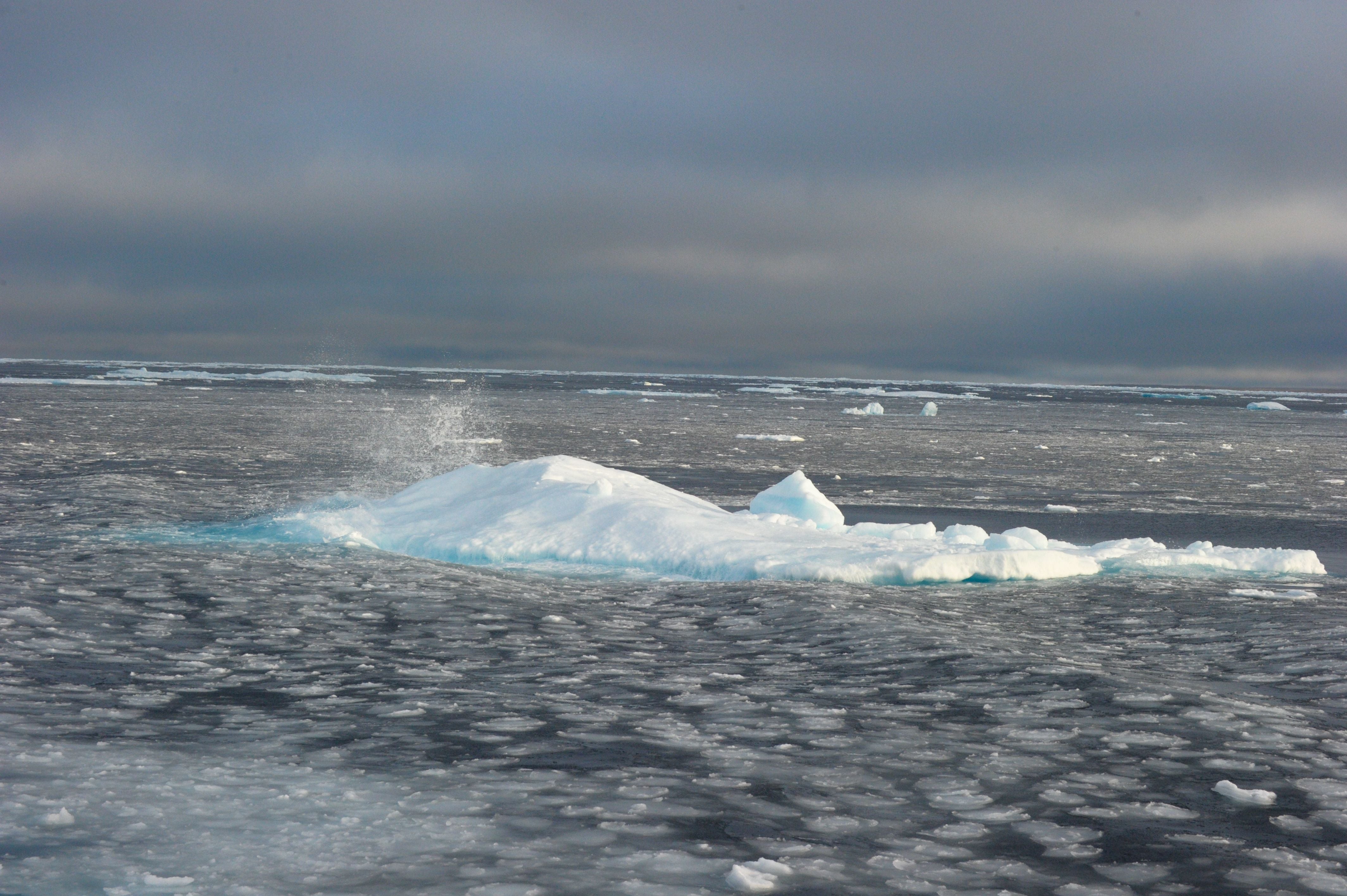Melting Arctic permafrost could release Cold War radioactive waste and new virus strains
One academic called the Arctic a “ deep-freezer for a range of harmful things”
The rapid thaw of Arctic permafrost could release radioactive waste from Cold War nuclear submarines, antibiotic-resistant bacteria, and new viruses, a report has found.
Between 1955 and 1990, the Soviet Union conducted 130 nuclear weapons tests on the Novaya Zemlya archipelago off the coast of northwest Russia. The tests released around 265 megatons of nuclear energy and more than 100 decommissioned nuclear submarines were scuttled in the nearby Kara and Barents seas. The United States’ Camp Century nuclear-powered under-ice research facility in Greenland also produced “considerable nuclear and diesel waste”.
Meanwhile, deep permafrost of more than three metres is one of the few environments on Earth that has not been exposed to modern antibiotics. More than 100 diverse microorganisms in Siberian deep permafrost have been found to be antibiotic-resistant, and as permafrost thaws, there is potential for these bacteria to mix with meltwater and create new antibiotic-resistant bacteria.
Dr Arwyn Edwards from Aberystwyth University co-authored the report, which appears in Writing in Nature Climate Change, with academics from universities in the United States and NASA’s Jet Propulsion Laboratory in Southern California.

He said: “Changes in the Arctic’s climate and ecology will influence every part of the planet as it feeds carbon back to the atmosphere and raises sea levels. This review identifies how other risks can arise from the warming Arctic.
“It has long been a deep-freezer for a range of harmful things, not just greenhouse gases. We need to understand more about the fate of these harmful microbes and pollutants and nuclear materials to properly understand the threats they may pose.
“These are new implications in addition to what we knew would happen if permafrost continued to melt. It is imperative demonstrable action is taken at next month’s COP26 summit as these findings should concern anybody.
“As well as fulfilling the targets of the Paris Agreement and reducing the increase in the global climate temperature to 1.5 Celsius, there needs to be a strong and immediate commitment to funding research in this area.
“What should worry us is how much we have still yet to learn about the Arctic, how important it is to all of our futures and why it is worth protecting.”
Permafrost, or permanently frozen land, covers around nine million square miles. The majority of Arctic permafrost dates up to around one million years ago.
In addition to microbes, it has housed a diverse range of chemical compounds over millennia whether through natural processes, accidents, or deliberate storage. However, up to two-thirds of the Arctic’s near-surface permafrost could be lost by 2100 due to climate change, the report states.
Join our commenting forum
Join thought-provoking conversations, follow other Independent readers and see their replies
Comments
Bookmark popover
Removed from bookmarks